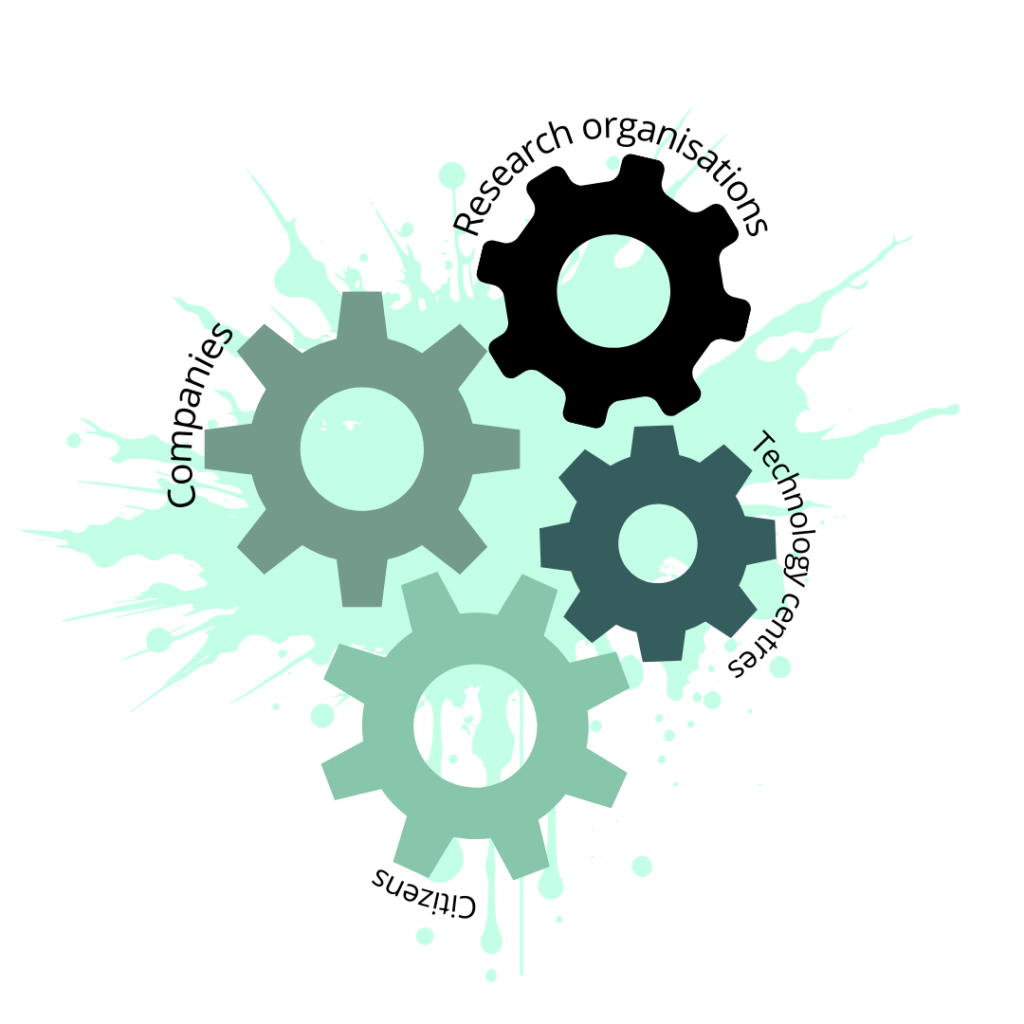In my previous post I commented how innovation ecosystems, if they aren´t well coordinated, can become real hotbeds of “de-technology”. This happens when the agents that make them up do not have clear roles or do not pursue a common objective. The lack of cohesion generates inconsistence and inefficiencies that, although sometimes they aren´t perceive directly, always end up affecting everyone.
It is therefore essential that research organisations, technology centres, public administrations, companies and society know that each one of us plays a role in the value chain of the technological innovation ecosystem and that the sole objective is to generateof wealth and prosperity in the regions through the exploitation of technologies.
Technological innovation that creates prosperity is not the result of science, technology or the market in isolation, but of a well-synchronised process in which each actor assumes its responsibility with conviction and commitment.
It is the role of the public administration to grease the innovation system by promoting innovative technological initiatives that support the fulfiment of the roles of each agent.
- Research organisations, being leaders in basic science or research, the closest to technological disruption.They should be encouraged to achieve high levels of high impact sicentific publications and ensure long scientific careers in national public research organisations, initiated in universities with programmes focused on the demand of the research system.
- Technology centres, as key agents in incremental innovation (applied research), also value the science of research organisation and work for its transfer. Their position must be consolidated with a key commitment, especially on the part of regional goverments, that reflecting their commitment to this transfer agent and bringing technological advances even closer to companies and society.

- Companies, as leaders of innovation processes. Incentives shoukd be provided with more attractive tax rebates and deductions for their exploration policies, for the recruitment of university talent that stimulates the adoption of technological innovations in companies and allows the circle to be closed with the valorisation (use or exploitation) of the technology generated in the ecosystem itself.
- Finally, the citizen should not be asked but rewarded with an economic and industrial policy centred on innovation policy, settled and long-term, with routes aligned with the general interests of growth and employment and a trade balance that imports talent and exports technology and not the other way around.
It is the role of the administration to grease the wheels and the role of all of us to generate habits of innovation in the ecosystem, repeating over and over again the role so that we are believed, because only in this way will we manage to grow and evolve in an orderly and sustainable way over time, building a future in which technology is not only a tool, but a driving force for collective progress.
Ultimately, every stick must hold its own in this complex ecosystem of technological innovation. If each agent plays its part and aligns itself with the common goal of generating prosperity and wealth through technology, we will not only avoid inefficiencies that are silently suffered, but also build a robust, competitive and sustainable system.
Innovate for you, innovate for me, innovate for all.
- How to overcome the fear of innovation: confidence and risk management - 19 September 2025
- Skylines and roots: Dubai and its innovation strategy - 20 June 2025
- Innovate shouldn´t be like untangling a daisy - 11 April 2025
